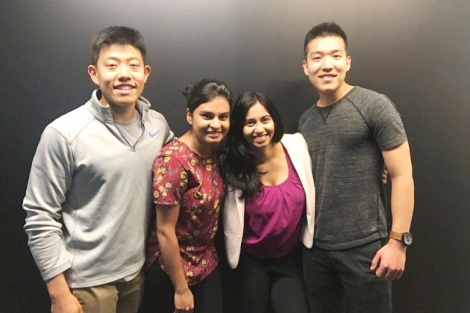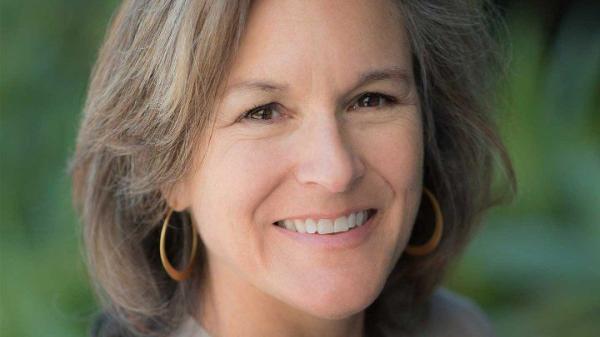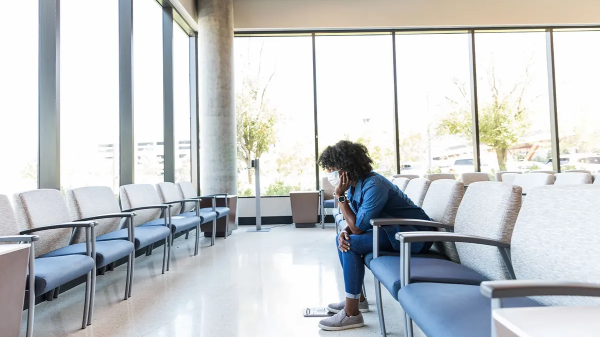Jyotika ‘Jo’ Varshney, DVM, PhD, a UCSF postdoctoral fellow, and her three teammates were named the winners at the event, which challenged participants to analyze a real patient’s genomic data using AI and other computational methods in order to advance the understanding of a rare genetic disease called neurofibromatosis type 2, or NF2.
“There is much to be gained from bringing AI experts, data scientists and biologists together, and this interdisciplinary approach was one of the best aspects of the hackathon,” Varshney said. “There are so many new tools available, and to find meaningful discoveries, we absolutely cannot do cancer research the way we did 10 years ago.”
Entrepreneur Recognized Need for AI Approach
Recognizing the need for new approaches utilizing the latest AI technologies, Silicon Valley entrepreneur and NF2 patient Onno Faber released his genomic data for event participants to access and build models for identifying new therapeutic targets for his disease, which affects one in 40,000 people worldwide.
NF2 is caused by mutations in the NF2 gene that lead to the faulty production of a certain protein that can no longer regulate cell growth and division. As a result, Schwann cells, which surround and insulate neurons in the brain and spinal cord, multiply too frequently and form tumors in the nervous system.
Varshney, along with teammates Ben Hsu, BS, a software engineering intern at SigOpt, Nandita Damaraju, MS, a data scientist at Thermo Fisher, and Teng Gao, BS, a computer scientist, used an AI approach called deep learning to extract interaction networks from complex genomic data.
Bringing About Sea Change in Cancer Research
To get the most out of the smaller datasets available for rare diseases like NF2, they attempted a transfer learning approach and leveraged a larger dataset from a more common disease in order to make meaningful biological predictions for NF2 tumors. They were able to extract key biological principles from the neural network trained on Faber’s genomic data.
“Deep learning and artificial intelligence are on their way to bringing about a sea of change in how we use computers in cancer research,” Varshney said. “We have already started to see success in predicting some cancer types, and by bringing more researchers and programmers together, I firmly believe it’s at the edge of these different thought processes where true discoveries and potential new therapies can happen.”
The hackathon, which took place June 23 through 25 at the Google Launchpad space in San Francisco, was hosted by the AI-focused nonprofit Silicon Valley Artificial Intelligence and other leaders in the AI world. The event attracted 400 applicants, 150 of which were invited to join in-person.
This article was written by Kate Vidinsky and originally published by UCSF.





